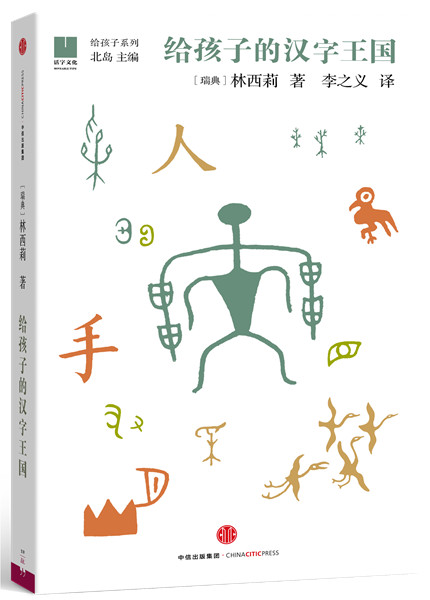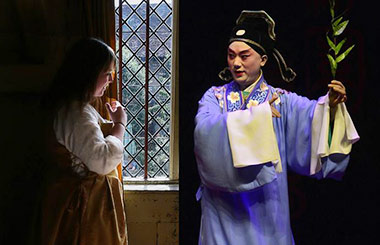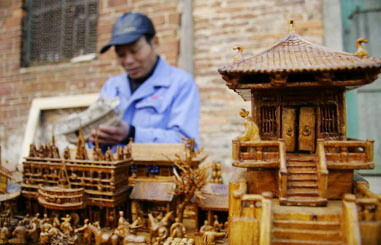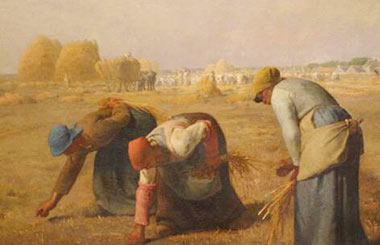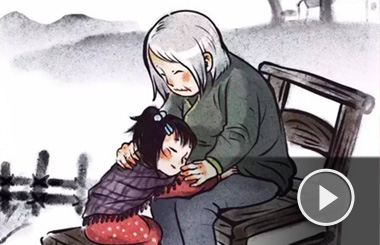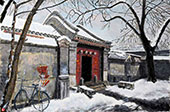Dissecting the written word
Cecilia Lindqvist, who was in Beijing to receive the Special Book Award of China, speaks of her love for written Chinese characters, the guqin and experiences on the mainland. Yang Yang reports.
When a friend, a middle-aged Chinese man from Xi'an, heard that I was going to meet Cecilia Lindqvist in Beijing last month, he told me to thank her because both his children grew up reading Characters Kingdom.
The 84-year-old Swedish Sinologist was in Beijing to receive the Special Book Award of China.
In Sweden, Lindqvist's books on China have also won book awards.
Both Characters Kingdom, published in 1989, and Qin, published in 2006, have won the August Award.
And her latest book Another World, published last year, won the Strindberg Award.
Characters Kingdom has been translated into 14 languages, including Chinese.
A new edition specifically for children came out recently, the eighth one since it was first published in China in 1998. And a new edition of Qin will reportedly to come out soon.
Another World, based on her life in Beijing in the early 1960s, has also been translated into Chinese.
Although she now uses a walking stick due to knee surgery, and was exhausted by a long and tight schedule when she was in Beijing recently, she was full of passion when speaking at an event about Chinese characters in her book, the guqin (a seven-stringed plucked instrument similar to the zither) and her other experiences in China.
One of the written Chinese characters she spoke about was 竹 (bamboo).
First, she mimicked the sound that is created when a strong wind blows through bamboo.
Later, she says: "Bamboo is very strong. When the wind blows, the bamboo just leans. But big trees like oak fall because they fight the wind. Bamboo does not. The Chinese say when times are difficult, lie low and wait, and better times will come."






